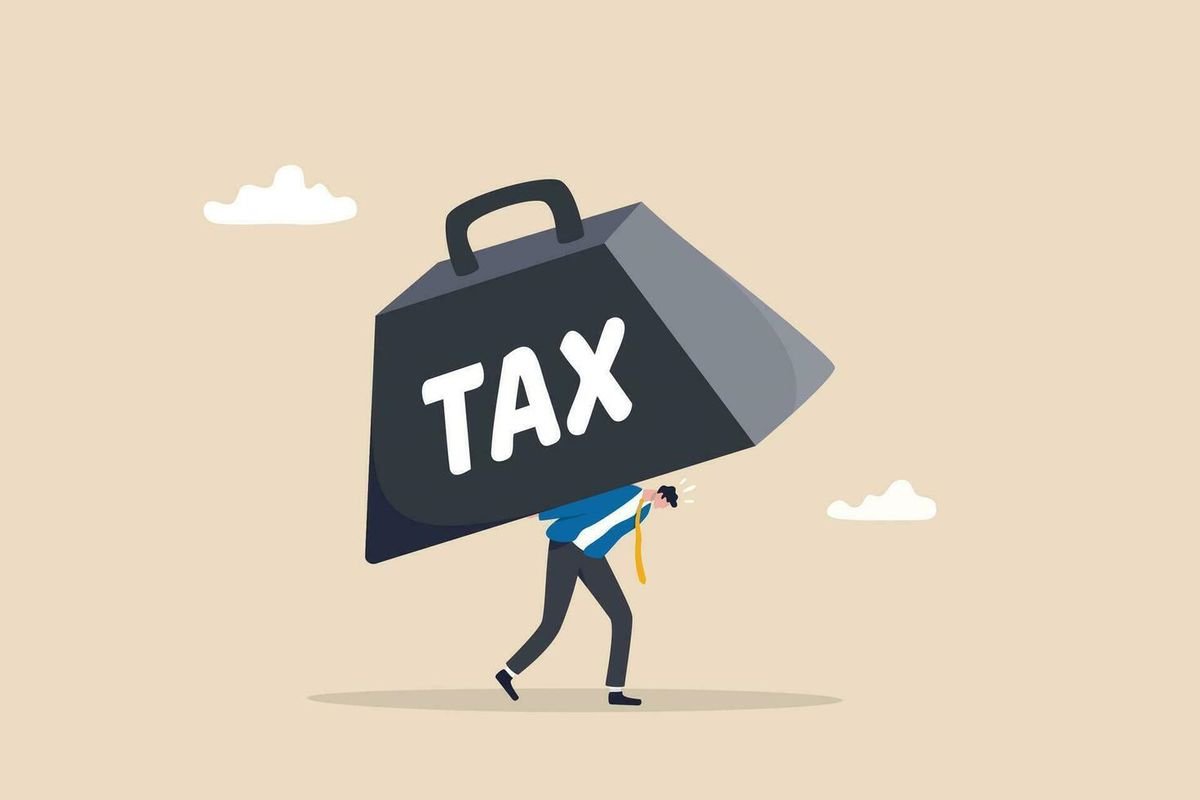When men take the leap into digital nomadism, offshore banking, or even simply buying real estate abroad, one of the biggest blind spots they face isn’t international tax law,it’s local taxes. Many travelers spend countless hours researching how to reduce or eliminate income tax from their home country, but they often forget that the country they’re actually living in or even temporarily working from,still has its own tax rules.
This oversight can lead to unexpected bills, legal trouble, or in some cases, a ban from returning to that country. Let’s break down why this happens and what men need to keep in mind.
1. The Focus on “Big Taxes” Distracts From the Small Ones
Most expats and nomads obsess over escaping their home country’s taxes. Americans worry about the IRS, Brits about HMRC, and Canadians about the CRA. This makes sense,these are heavy systems with wide reach.
But in focusing so much on how to legally avoid double taxation, many overlook the smaller but immediate taxes that exist where they’re living:
- Tourist taxes on Airbnb or hotels
- Local VAT (sales tax) on purchases
- Municipal taxes for property owners
- Residency-based income tax if you stay too long
It’s like focusing on the lion in the jungle but ignoring the swarm of mosquitoes.
2. Misunderstanding the “183-Day Rule”
A common myth among nomads is that they’re “safe” as long as they don’t spend more than 183 days in a country. But the reality is more nuanced.
Some countries (like Spain, Mexico, or Thailand) can tax you long before 183 days if you show economic ties, rent long-term housing, or derive income from local sources. Others may apply territorial taxation,meaning if your money is earned outside, you’re fine, but if you do local work, you’re liable.
The mistake: thinking that 183 days is a magical shield. It isn’t.
3. Assuming Developing Countries Don’t Enforce Taxes
Another reason men get blindsided is by underestimating enforcement in less developed countries. A guy may think:
“Oh, I’m in the Philippines or Colombia, they won’t notice what I’m doing.”
But this is outdated thinking. Many countries are modernizing their systems, linking banks with tax authorities, and cooperating with international agencies through agreements like CRS (Common Reporting Standard).
In short: if you’re sending money into a local bank, renting apartments, or running a business on the ground, chances are the taxman knows.
4. Forgetting About “Invisible” Taxes
Even if you’re not paying income tax, you’re still paying taxes in indirect ways:
- Airport exit fees
- Local transportation taxes
- Utility surcharges
- Capital gains or stamp duties when buying/selling property
These don’t get talked about much, but they eat into your budget and if ignored,can cause penalties later.
5. Lack of Local Advisors
Most men hire international tax consultants in London, New York, or Dubai. Rarely do they sit down with a local accountant in Medellín, Bangkok, or Budapest. That’s where things slip through the cracks.
Your global tax lawyer may give you the big picture, but he probably doesn’t know that Medellín charges an annual “industry and commerce” tax if you invoice clients while living there, or that Lisbon enforces property maintenance taxes on non-resident owners.
Without local insight, you’ll always miss something.
6. Complacency with “Cash Living”
Some nomads assume they can live on cash and avoid taxes entirely. But digital payments, Airbnb bookings, and long-term leases all create data trails. Even if you think you’re under the radar, the moment you apply for residency, open a bank account, or buy land, the government has you on record.
Inconsistent behavior (living as a tourist but behaving like a resident) is exactly what flags you for local taxes.
How to Avoid Getting Burned
- Don’t stop at home-country tax planning. Always research what local taxes apply where you actually live.
- Hire local advisors. Even one consultation can save you thousands.
- Understand residency rules. 183 days isn’t the only factor,economic ties, dependents, or even your address can trigger tax obligations.
- Budget for hidden taxes. VAT, property fees, and municipal charges add up.
- Stay compliant. If you love a country and plan to return, pay what you owe. Burning bridges over a few thousand dollars isn’t worth it.
Final Word
Most men don’t lose money abroad because they’re reckless; they lose it because they assume that once they’ve “escaped” their home country’s tax net, they’re free. The reality is: local taxes still apply, whether you notice them or not.
Smart men don’t just play defense against the IRS or HMRC. They also pay attention to the subtle, often overlooked local taxes that can make or break their lifestyle abroad.













